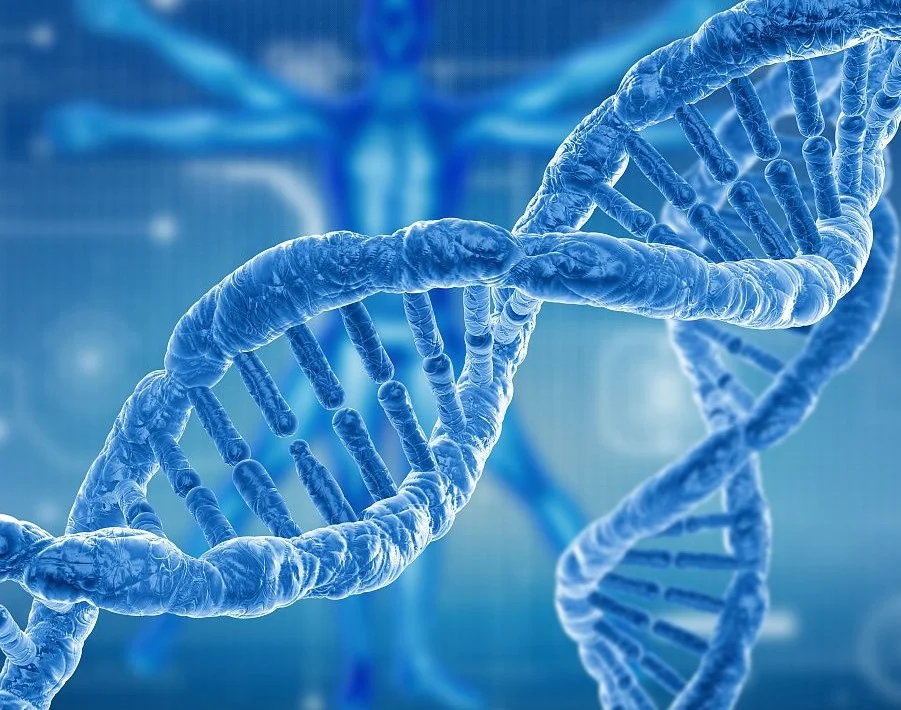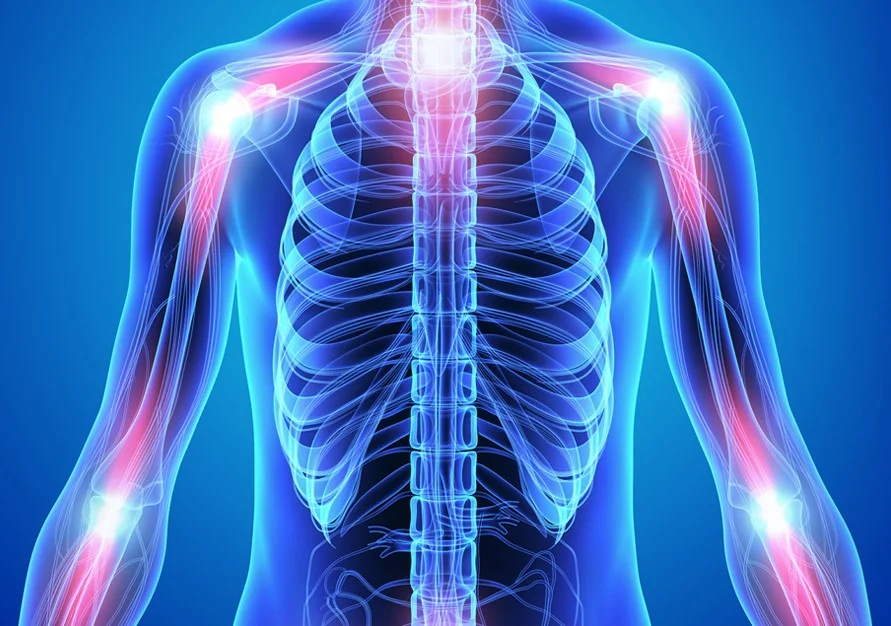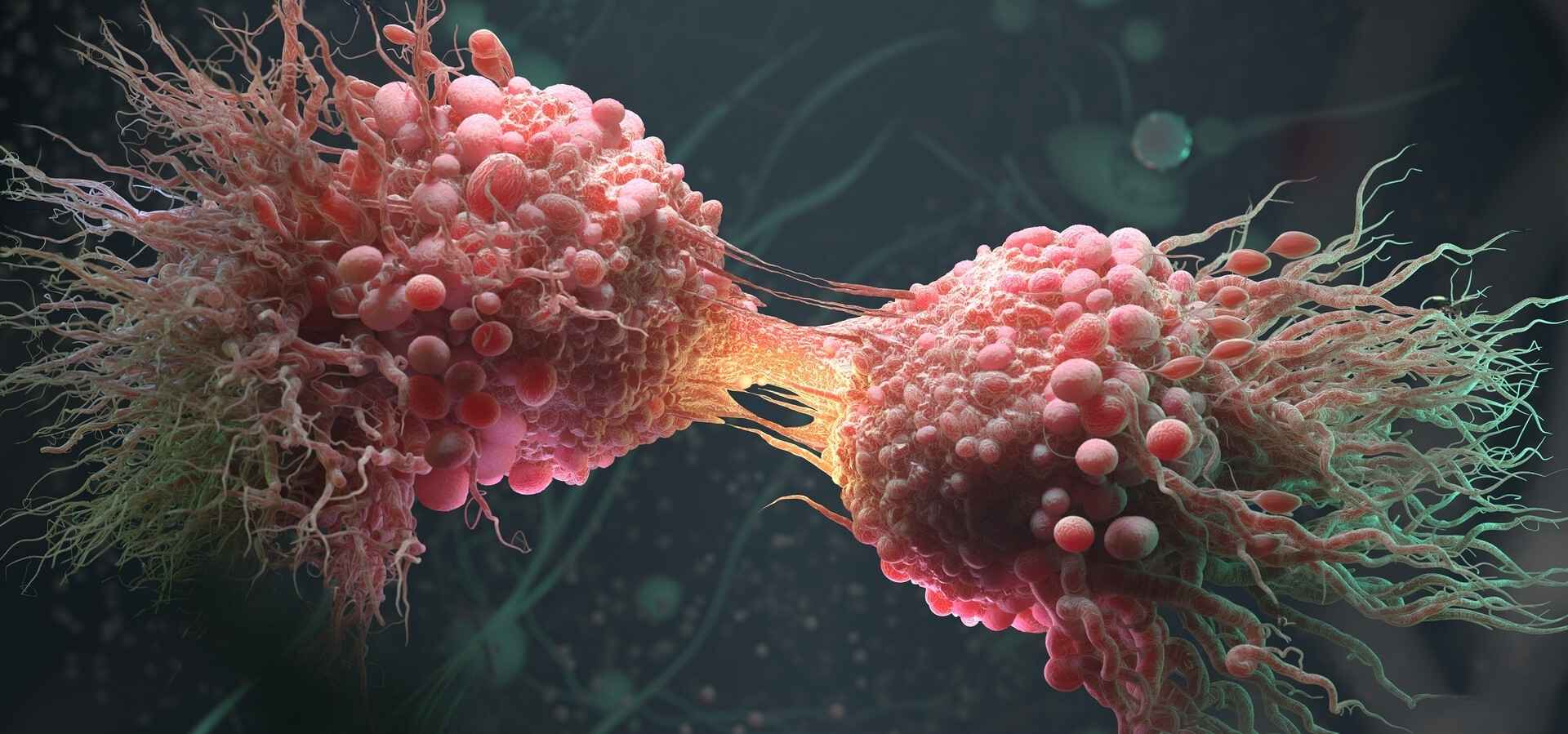Living in the fast-paced world of today, where stress and challenges are inevitable, it’s not uncommon for individuals to experience the weight of sadness and despair. This blog will delve into the intricate web of factors that constitute the science behind depression. Understanding this complex interplay can pave the way for better awareness, early intervention, and effective coping strategies.
Defining Depression

Depression is more than just feeling sad; it’s a pervasive and prolonged state of mind that impacts daily life. It’s crucial to distinguish between occasional bouts of sadness and clinical depression. Clinical depression involves persistent feelings of hopelessness, lethargy, and a marked decline in overall well-being.
The Neurochemical Ballet
Unraveling the Role of Neurotransmitters
At the heart of the neuroscience of depression lies the delicate balance of neurotransmitters—chemical messengers in the brain. Serotonin, dopamine, and norepinephrine play key roles in regulating mood. An imbalance in these neurotransmitters can lead to depressive symptoms.
The Brain’s Symphony

Insights into Brain Structure and Function
The brain, with its intricate network of regions, significantly influences our emotional well-being. The hippocampus and amygdala, among other regions, play crucial roles in mood regulation. Changes in neural circuits can contribute to the onset and perpetuation of depressive states.
The Genetic Connection

Unveiling the Genetic Blueprint
Genetics also plays a role in the science behind depression. Individuals with a family history of depression may be genetically predisposed to this condition. Research suggests that specific genes may contribute to an increased vulnerability to depressive episodes.
External Triggers: A Storm of Stress
The Impact of Environmental Factors
External factors such as traumatic experiences, chronic stress, and major life events can act as catalysts for depression. Understanding the external triggers is vital for devising holistic approaches to manage and prevent depressive episodes.
Hormones and Their Influence
Navigating the Hormonal Landscape
Hormonal changes, particularly in women, can be linked to depressive symptoms. Fluctuations in cortisol and estrogen levels may contribute to the development and exacerbation of depression. Acknowledging these hormonal dynamics is crucial in understanding the broader picture.
Inflammation: A Silent Player

Inflammation’s Role in Mental Health
Emerging research suggests a connection between inflammation and depression. Chronic inflammation in the body may contribute to changes in the brain, influencing mood and potentially triggering depressive episodes.
Gut Feeling: The Microbiome Connection
The Emerging Role of the Gut
Recent studies explore the link between the gut microbiome and mental health. A healthy gut may contribute to better mental well-being. Understanding this gut-brain connection opens new avenues for holistic approaches to managing depression.
Navigating Treatment Options

From Therapy to Medication
Acknowledging the science behind depression is the first step toward effective treatment. Various approaches, including therapy, medication, and lifestyle changes, are available. Seeking professional help is paramount for tailored and effective solutions.
Coping Strategies: A Roadmap to Recovery
Building Resilience
Empowering individuals with coping strategies is essential. Emphasizing self-care, healthy habits, and fostering a strong support system are crucial elements in the journey towards recovery.
FAQs About Depression
Q: Can depression be solely genetic?
A: While genetics play a role, environmental factors also contribute significantly to depression.
Q: Is depression a result of a chemical imbalance in the brain?
A: Yes, an imbalance in neurotransmitters is often associated with depressive symptoms.
Q: How can one differentiate between everyday sadness and clinical depression?
A: Clinical depression involves persistent and severe symptoms that impact daily life.
Closing Thoughts: A Beacon of Hope
Navigating the science behind depression is like decoding a complex puzzle. By understanding the neurochemical, genetic, and environmental factors, we pave the way for empathy, support, and effective interventions. Let’s break the stigma surrounding mental health and work together to build a society where individuals can seek help without judgment.












